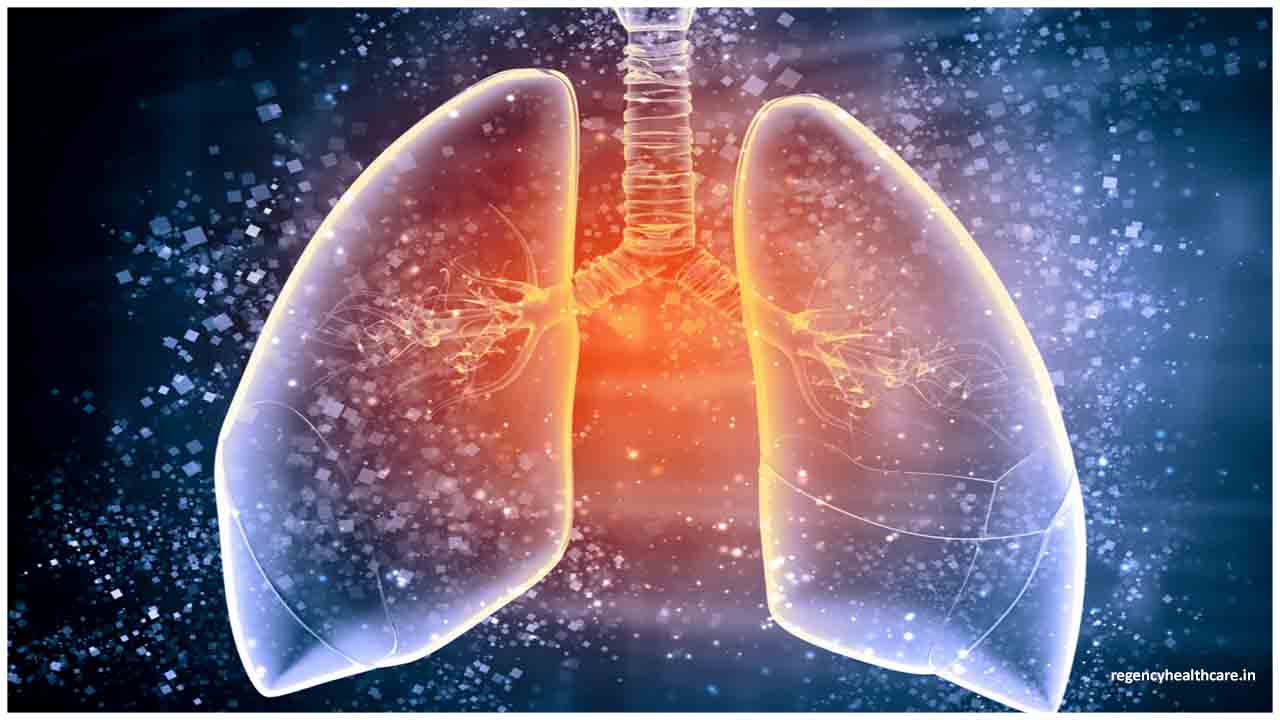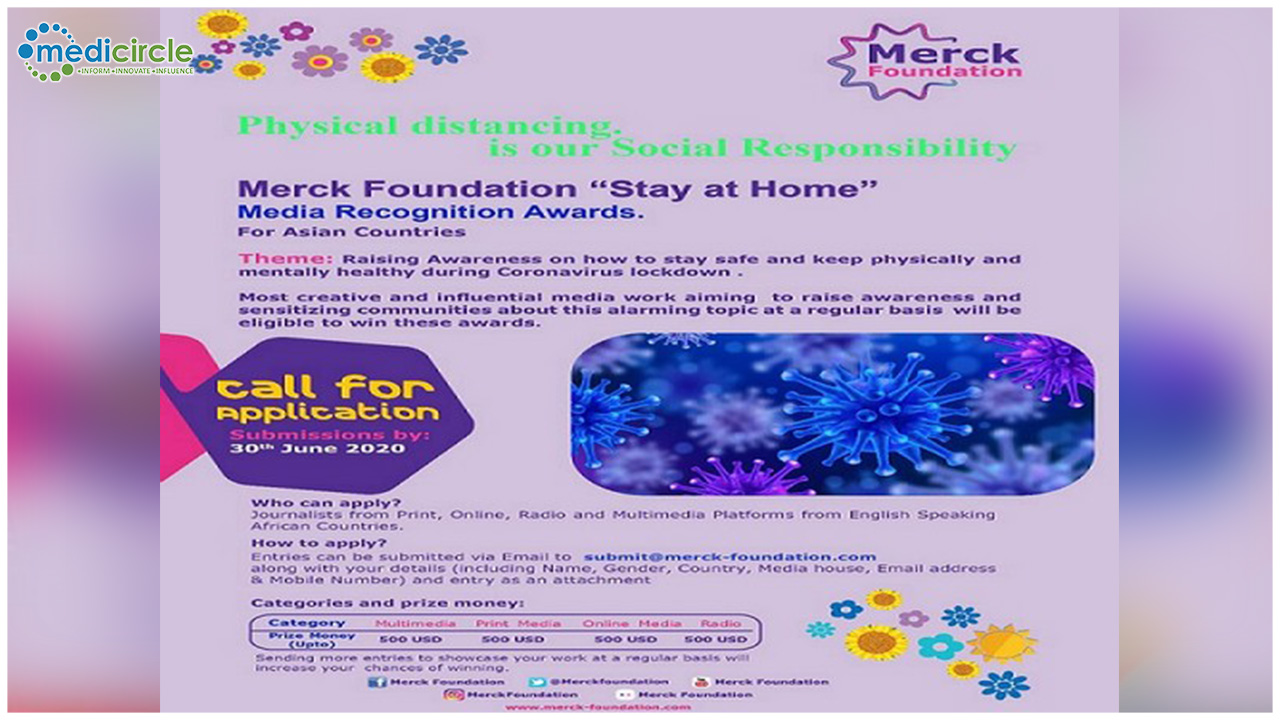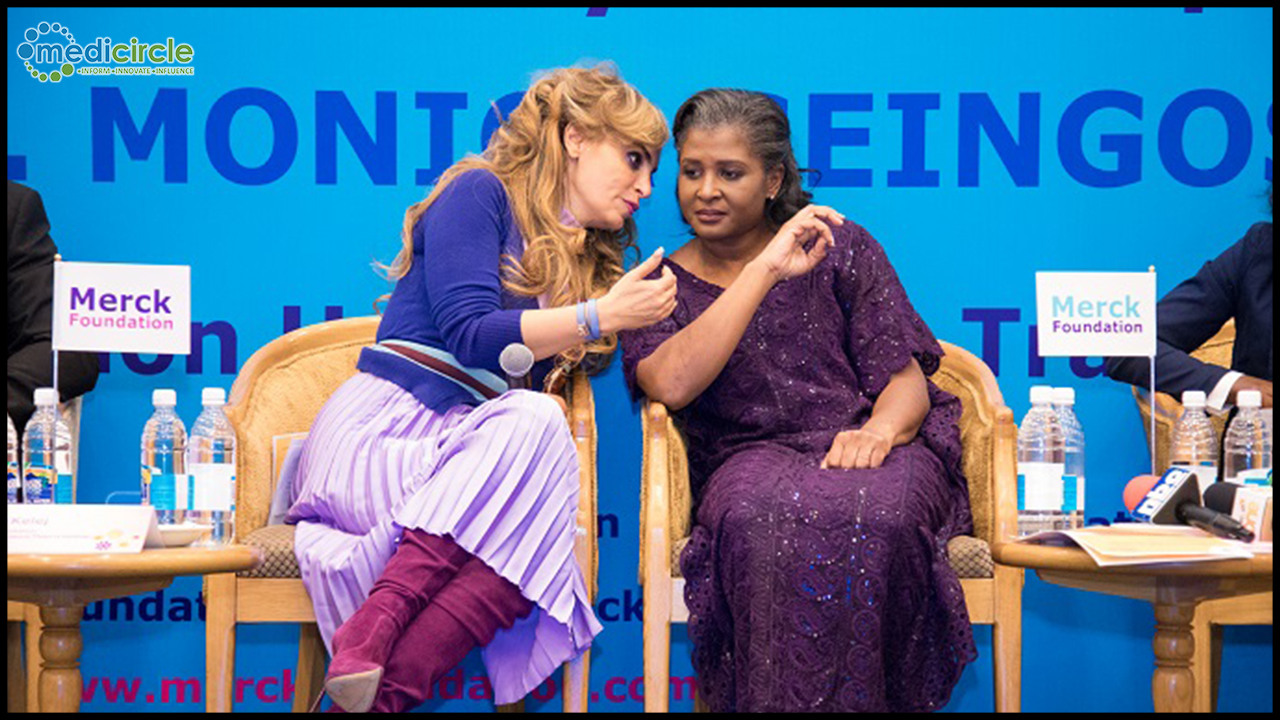The National Comprehensive Cancer Network® (NCCN®) today announced publication of the newest genetic risk assessment recommendations for breast, ovarian and pancreatic cancers. The NCCN Clinical Practice Guidelines in Oncology (NCCN Guidelines®) for Genetic/Familial High-Risk Assessment: Breast, Ovarian, and Pancreatic Version 1.2020 contains several updates—including new and expanded sections on risk assessment and management related to three major cancer types—while also maintaining a more conservative approach toward testing practices where the evidence is still lacking. In the rapidly-moving field of cancer care and genetics, NCCN Guidelines® synthesize the latest evidence and expert consensus to ensure recommendations are firmly supported by quality research, in order to establish best management paradigms that improve outcomes for people with cancer.
"These guidelines are as inclusive as possible, wherever there's strong, unbiased evidence to back up our recommendations," said Mary B. Daly, MD, PhD, FACP, Fox Chase Cancer Center, Chair of the NCCN Guidelines Panel for Genetic/Familial High-Risk Assessment: Breast, Ovarian, and Pancreatic. "The guidelines include genes that have been found to increase cancer susceptibility. These NCCN Guidelines still have a strong focus on BRCA1 and 2 mutations, but also now include other high and moderate penetrance genes associated with breast, ovarian, and pancreatic cancer. We continuously review any new data on genes that might increase a person's risk of getting cancer or impact the effectiveness of their treatment."
The updated guidelines are concentrated around simplified criteria to clarify the genetic testing process. For example, in a newly-added guide for individuals of Ashkenazi Jewish ancestry who have not been diagnosed with cancer, genetic testing may be offered for the three Ashkenazi Jewish founder mutations in the context of a long-term research study, regardless of family history. These individuals should be encouraged to consult with a cancer genetics professional.
The NCCN Guidelines for Genetic/Familial High-Risk Assessment are organized by both disease and syndrome type, and also now include streamlined information on appropriate subsequent steps for persons who meet criteria for genetic testing. The panel acknowledges that genetic mutations can impact the approach to cancer treatment, and the guidelines now state that testing may be clinically indicated if it will aid in systemic therapy decision-making.
"Genetic testing is becoming increasingly utilized in oncology because of its potential to impact surgical decisions and chemotherapy," explained Robert Pilarski, MS, LGC; MSW, Licensed Genetic Counselor, Professor, Clinical Internal Medicine, The Ohio State University Comprehensive Cancer Center, Vice-Chair of the NCCN Guidelines Panel for Genetic/Familial High-Risk Assessment: Breast, Ovarian, and Pancreatic. "At the same time, the complexity of this testing is increasing, with a growing number of genes and tests available, a limited understanding of the management implications of some of the newer genes, and even uncertainty over the implications of mutations in well-established genes in some situations (for example in a condition known as 'mosaicism,' in which the mutation is not present in all of the cells of the body). Because of this, the NCCN Guidelines continue to highlight the critical importance of genetic counselling for patients prior to undergoing genetic testing to ensure that patients are fully informed of the test implications."
Pilarski also offered an important word of caution about the potential risks from direct-to-consumer genetic testing: "More and more patients are presenting to clinic having already had themselves tested through direct-to-consumer labs. Providers need to be aware that the tests offered by many of these labs are not equivalent to traditional genetic testing, and the results may need to be confirmed in another laboratory before being used for clinical care."
The guidelines recommend all pancreatic cancer patients get genetic testing, and the recent update now includes more information about which genes are associated with pancreatic cancer recommendations. Genetic testing in pancreatic cancer can help determine which treatments would be most effective (e.g. PARP inhibitors) and if family members would benefit from screening and preventive action.
"There's been an explosion of recent data showing that roughly 4-10% of individuals with pancreatic cancer harbour inherited genetic mutations, including BRCA1, BRCA2, ATM, the Lynch syndrome genes, and others," said Matthew B. Yurgelun, MD, Dana-Farber/Brigham and Women's Cancer Center, Member of the NCCN Guidelines Panel for Genetic/Familial High-Risk Assessment: Breast, Ovarian, and Pancreatic. "Such data have, surprisingly, shown that classic 'high-risk' features of inherited cancer risk (e.g. young age at diagnosis, strong family histories of cancer) are often absent in individuals with pancreatic cancer who carry these mutations. Based off of these data, there is now a compelling reason for all individuals with pancreatic cancer to be offered genetic counseling and germline testing for such variants—particularly given the possibility that their at-risk family members could greatly benefit from known, effective cancer risk-reducing interventions (e.g. surgical removal of the ovaries for female BRCA1/2 mutation carriers). Emerging data have also begun to suggest possible benefits to pancreatic cancer screening in select high-risk individuals who harbor such mutations. These new guidelines address many of the important nuances and limitations of this exciting and rapidly evolving body of literature."
The NCCN Guidelines for Genetic/Familial High-Risk Assessment are created and maintained by an interdisciplinary panel of experts from the alliance of 28 leading cancer centres that comprise NCCN. NCCN panels also include patients and advocates to make sure treatment recommendations meet the needs of people with cancer and their caregivers.
"Participating on the NCCN panel allows FORCE to share the real-world experiences of patients making complex and often agonizing medical decisions about hereditary cancer treatment and risk management," said Sue Friedman, DVM, Executive Director, Facing Our Risk of Cancer Empowered (FORCE), Member of the NCCN Guidelines Panel for Genetic/Familial High-Risk Assessment: Breast, Ovarian, and Pancreatic. "As an advocacy organization for people and families affected by hereditary cancer, we see the importance of having standardized guidelines. These guidelines are a critical piece of informed decision-making; we frequently direct our community to NCCN for up-to-date, clear, and credible information developed by experts in the field."
NCCN Guidelines are the recognized standard for clinical policy in cancer care and are the most thorough and frequently updated clinical practice guidelines available in any area of medicine. The intent of the NCCN Guidelines is to assist in the decision-making process of individuals involved in cancer care—including physicians, nurses, pharmacists, payers, patients and their families—with the ultimate goal of improving patient care and outcomes. In addition to covering at least 97 percent of cancers affecting patients in the United States, there are also NCCN Guidelines for detection, prevention, risk-reduction (including smoking cessation), supportive care (including the management of pain, distress, and fatigue), and guidelines for specific populations (including children and young adults).

 Newly updated and expanded NCCN Guidelines for Genetic/Familial High-Risk Assessment: Breast, Ovarian, and Pancreatic clarify who should be tested for cancer-causing genetic mutations.
Newly updated and expanded NCCN Guidelines for Genetic/Familial High-Risk Assessment: Breast, Ovarian, and Pancreatic clarify who should be tested for cancer-causing genetic mutations.




















.jpeg)

.jpeg)










.jpg)




.jpg)

